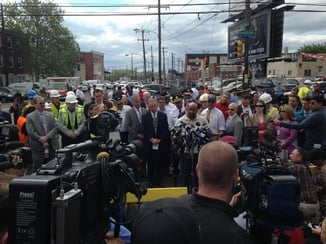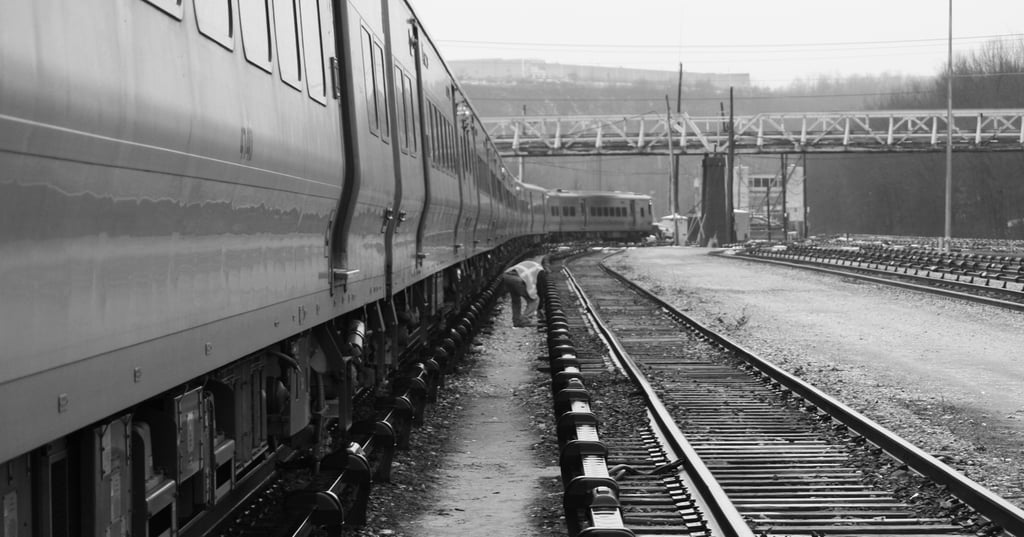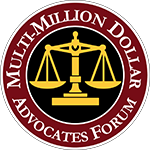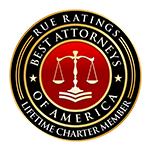
While NTSB officials sift through train wreckage for a cause of Tuesday night’s devastating Amtrak derailment, the loved ones of the dead and the injured will embark on a much more difficult mission.
In the hours after a crash the only concerns are life and death, racing to the bedside of loved ones, and in some cases grappling with the worst news possible. As the hours become days, those injured passengers and employees will face difficult questions about life after the crash, questions regarding medical bills, disability, liability and lawsuits.
In this post I’ll outline six urgent questions facing injured passengers and their families. Certainly this is applicable for those who were hurt or lost a loved one in the Amtrak accident near Philadelphia, but equally applicable to any train accident involving passengers.
If you have questions about your friends and family, you can call Amtrak’s Incident Hotline at 800-523-9101. Amtrak said it has also established a Family Assistance Center to work closely with family and friends of passengers on the train.
Who pays for my medical treatment?
Your recovery is first priority. If you have health insurance, use that to get immediate treatment. Ultimately, the reimbursement of your health insurer will be part of any resolution, so the responsible party will bear the burden so long as this number is tabulated and made part of your claim. If you don’t have insurance, the railroad has a claims department that will authorize payment for treatment if it is submitted the right way. A lawyer who knows the railroad can help you with this. Typically the railroad is willing to pay for medical treatment since then they will learn about a major injury in time to prepare a defense. To get paid, your doctor needs to send the bill directly to the railroad or outside contractor that handles medical billing for the railroad. And your doctor is entitled to be paid at a “reasonable and customary” rate, not some insurance rate, like the railroads will tell the doctor.
What do I have to do to file a claim?
There is no precursor to filing suit, but typically a lawyer will send a letter of retention to the railroad advising that you are represented, which will keep the railroad investigators and claims adjustors from hounding you with questions.
How long do I have to file a lawsuit against the railroad?
The crash happened in Pennsylvania, which has a two year statute of limitations. While there are arguably other venues with different time periods, this is the best working date.
How do I pay my non-medical bills?
The answer is a little vague because it depends on you and your circumstances. Most likely, you will be eligible for short term disability benefits in your state of residence. After that, the answer is from your savings. If you have had the foresight to buy personal disability insurance, be it Aflac or any other, get a claim in ASAP. These policies pay you while you are unable to work after any applicable waiting period. You may also have long term disability benefits available through your job. Ask your human resources department.
Can I recover money from the railroad for my injury?
In a word, maybe. In order to recover money for your railroad injury, you must show that the railroad was negligent in some way in connection with your injury and that the negligence caused, your injuries.
I lost my spouse in the derailment, what do I do first?
I am so sorry this has happened to you. No doubt you are in shock. I suggest that you designate a friend or family member to make the initial call for you to an attorney. This designee should speak to a personal injury attorney who only works on railroad cases as this is a highly specialized industry with unique ways of handling accidents and claims. That attorney can help you and your family file a claim with the railroad, work as a go-between you and responsible companies, and if need be, sue the railroad for negligence.
How do I know if railroad negligence caused my injury?
Negligence is doing something unreasonable, or not doing something that a reasonable person would have done. This is where a trial lawyer is helpful. I see things in cases that my clients don’t. An experienced railroad lawyer will ask the right questions to determine if the railroad may have been negligent in your case.
Questions like:
- Was the train going too fast?
- Did a device on the train fail?
- Would positive train control have avoided the accident?
- Was there operator error?
- Was there poor lighting?
- Did they let unsafe procedures or conditions to continue despite knowing it was unsafe?
- Was track maintenance up to federally required levels?
The list is endless, limited only by the thoughtful experience of you or your lawyer. How MUCH you can recover is a blog post for another day, since there are several considerations that factor into that.
Right now your world is turned upside down. But there are resources to help you. Seek out an attorney who specializes in the railroad industry and ask to speak to that railroad lawyer for free.
This is post could be construed as attorney advertising. You should know that prior results are no guarantee of future success.
Photo via @MegFrankowski of @WGAL.
Read the full story from NBC news affiliate WGAL 8 Philadelphia.









